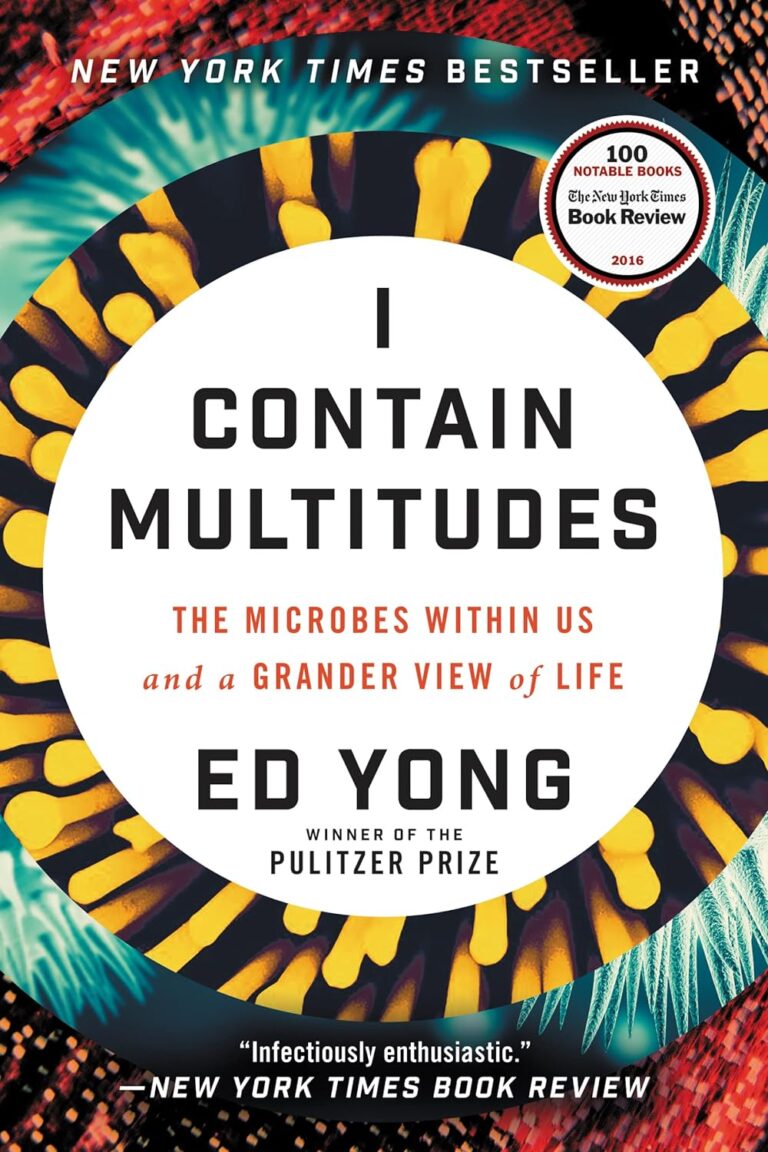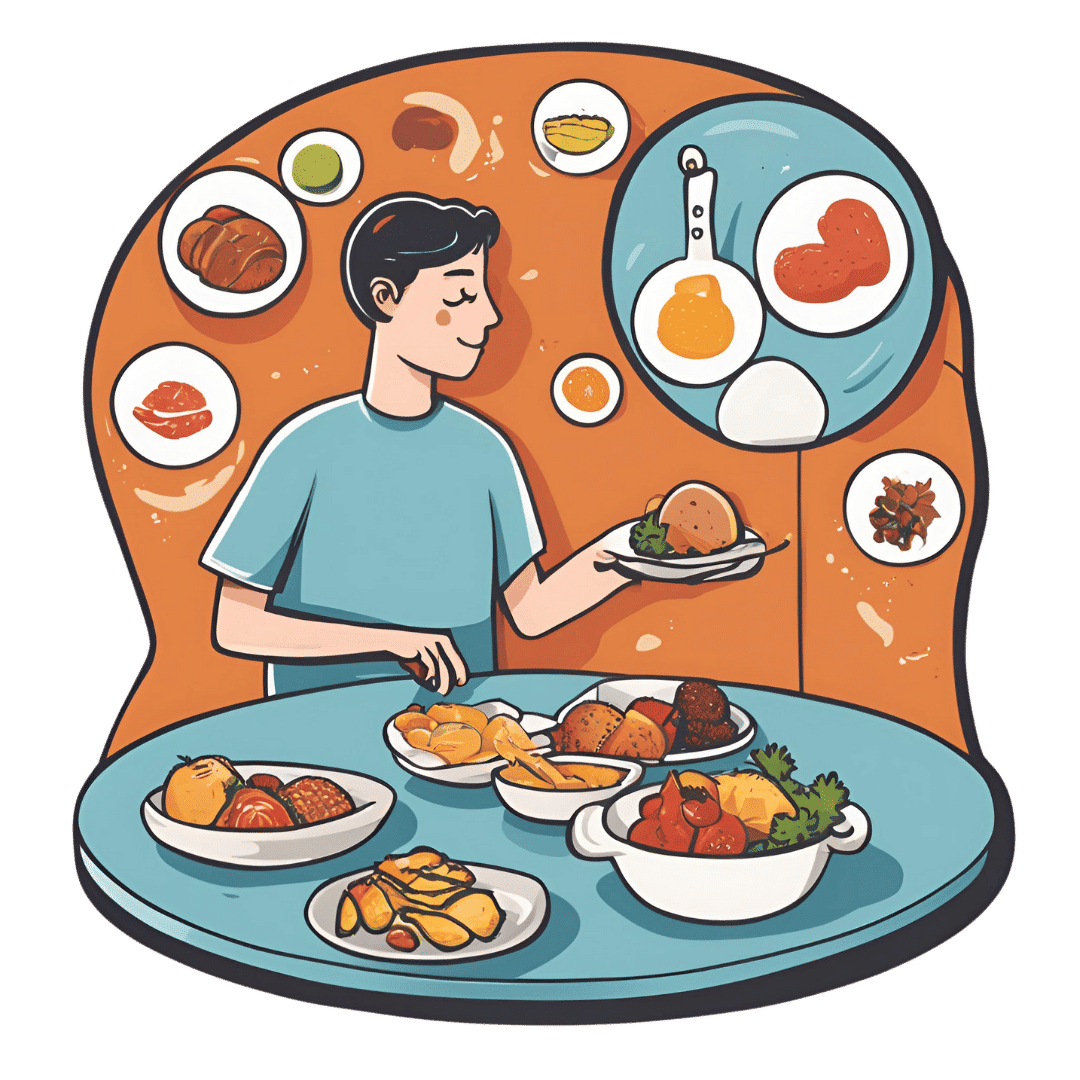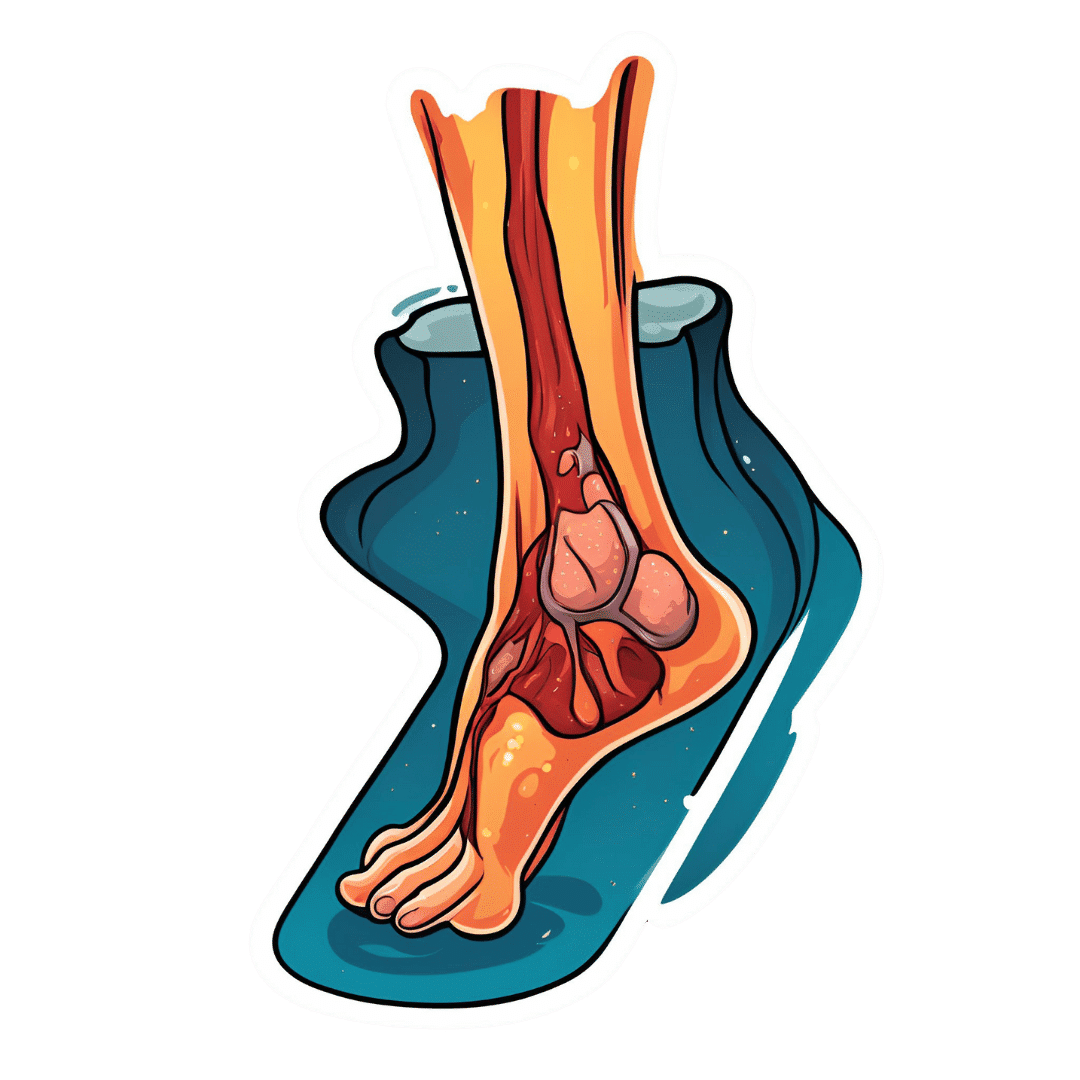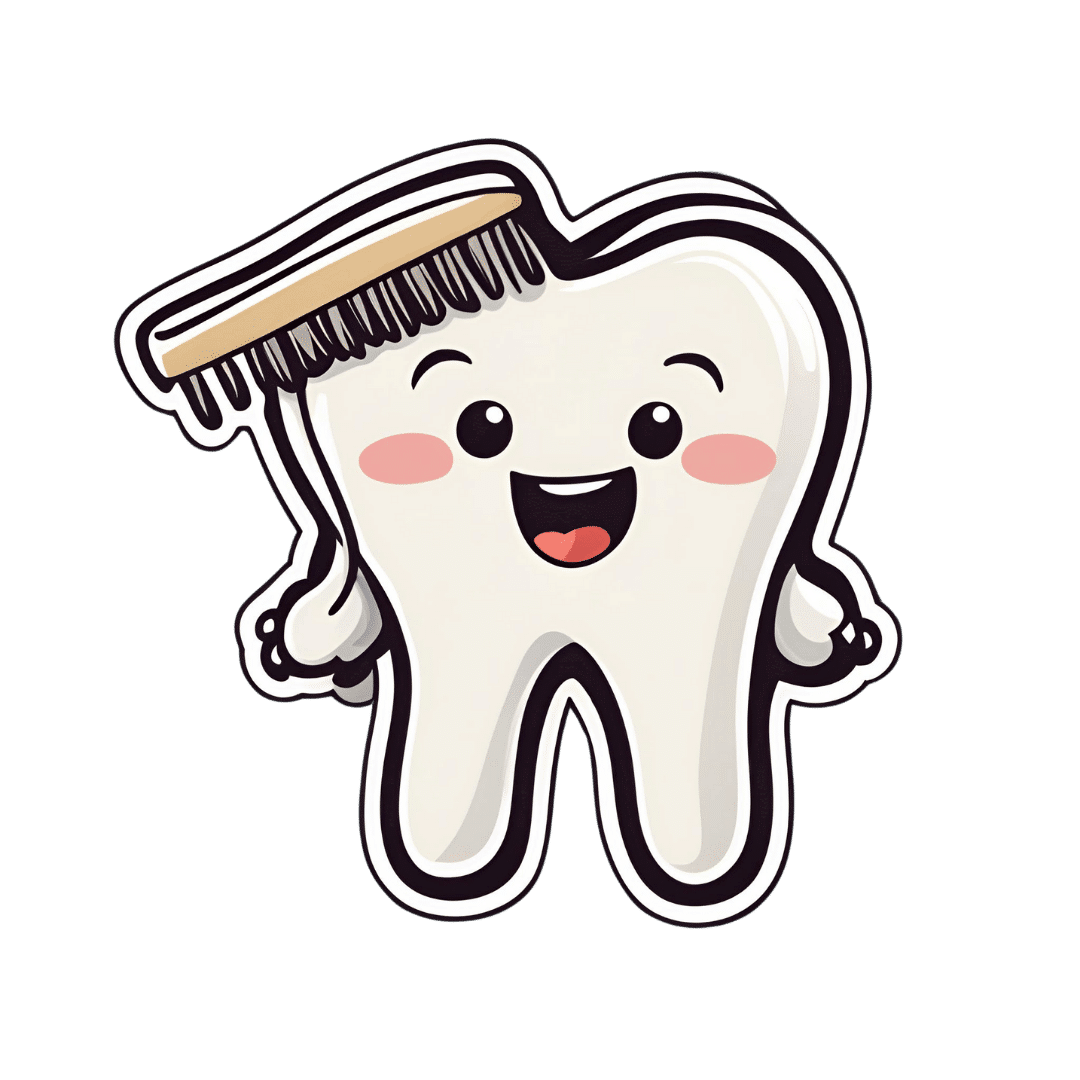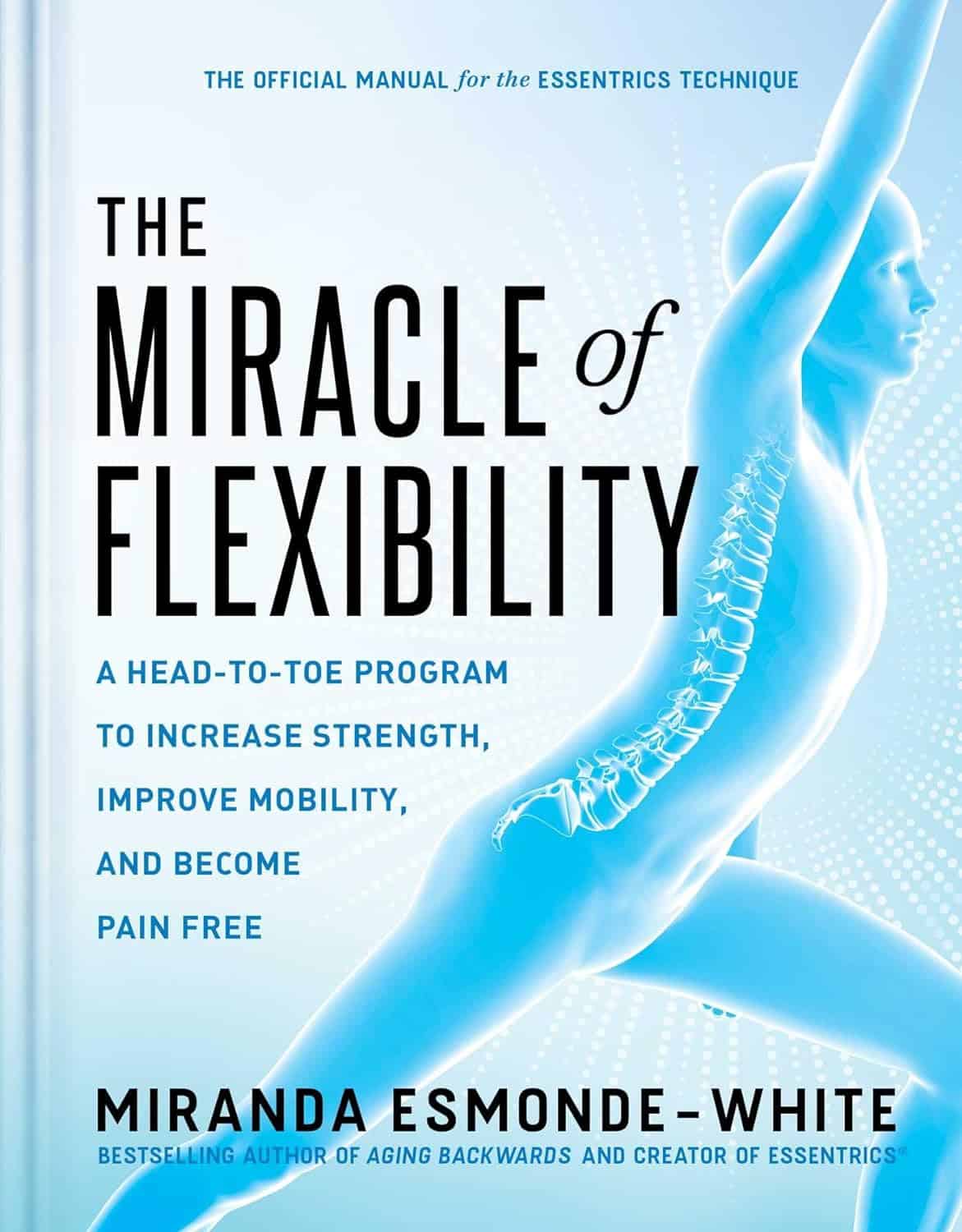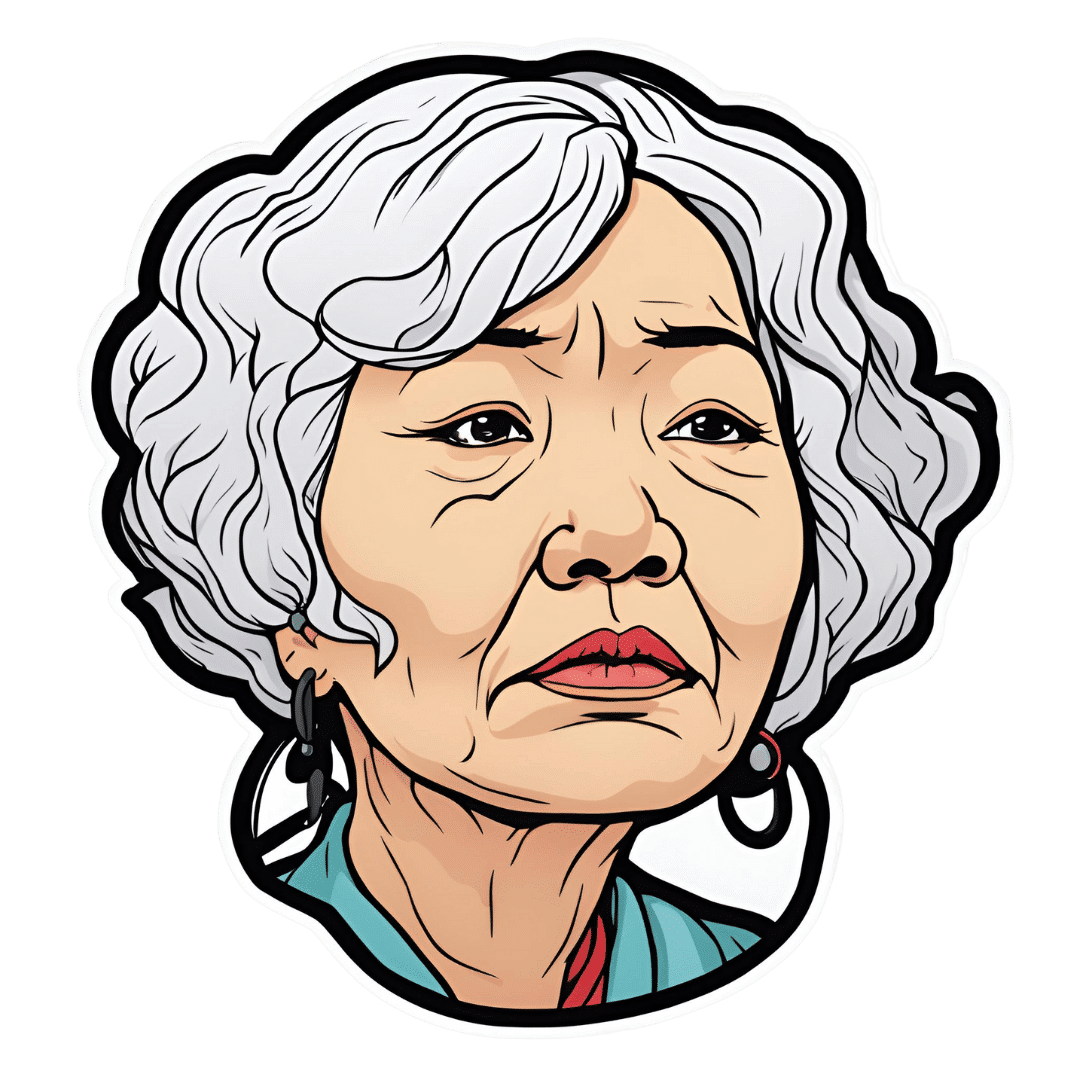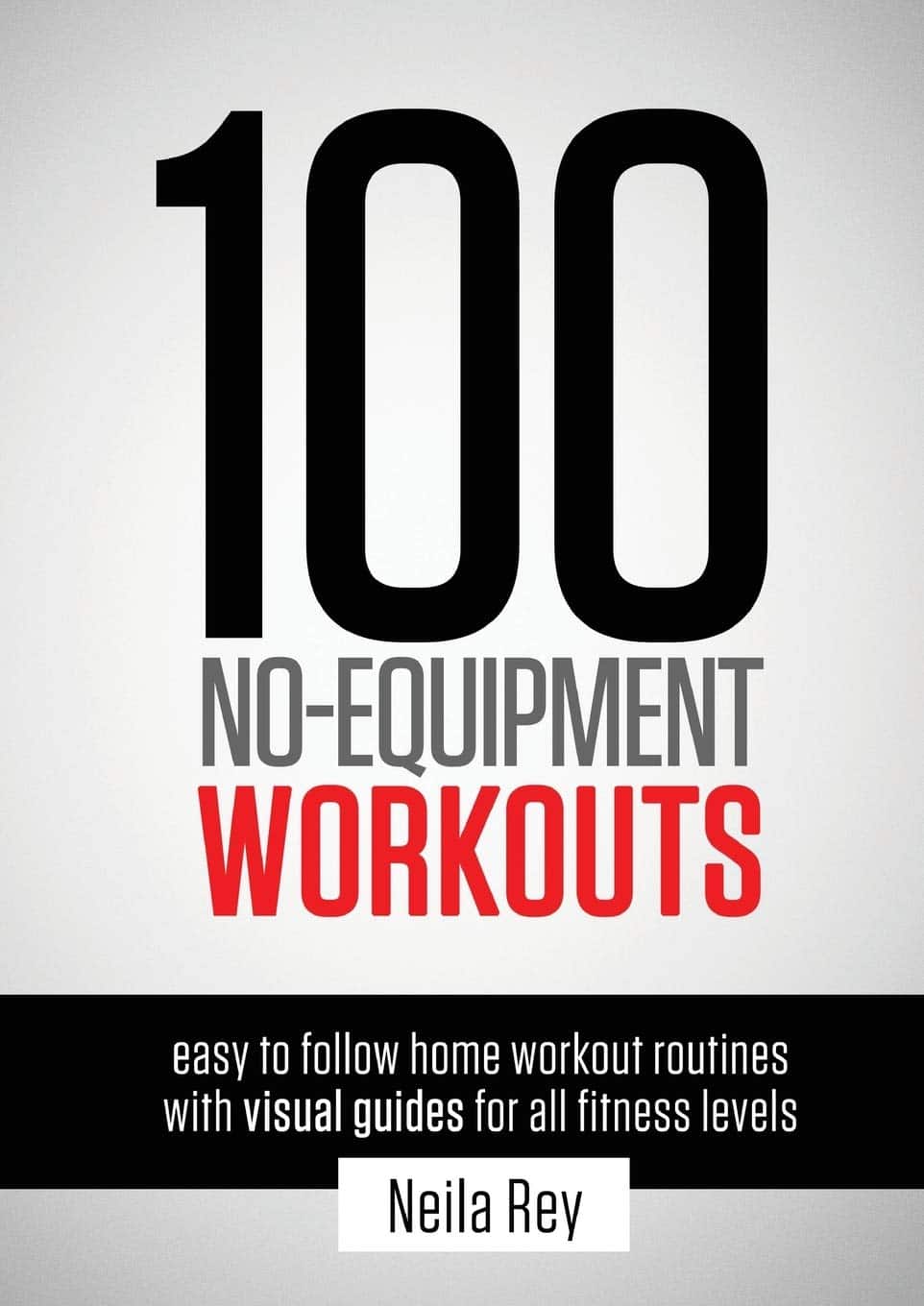
100 No-Equipment Workouts – by Neila Rey
10almonds is reader-supported. We may, at no cost to you, receive a portion of sales if you purchase a product through a link in this article.
For those of us who for whatever reason prefer to exercise at home rather than at the gym, we must make do with what exercise equipment we can reasonably install in our homes. This book deals with that from the ground upwards—literally!
If you have a few square meters of floorspace (and a ceiling that’s not too low, for exercises that involve any kind of jumping), then all 100 of these zero-equipment exercises are at-home options.
As to what kinds of exercises they are, they each marked as being one or both of “cardio” and “strength”.
They’re also marked as being of “difficulty level” 1, 2, or 3, so that someone who hasn’t exercised in a while (or hasn’t exercised like this at all), can know where best to start, and how best to progress.
The exercises come with clear explanations in the text, and clear line-drawing illustrations of how to do each exercise. Really, they could not be clearer; this is top quality pragmatism, and reads like a military manual.
Bottom line: whatever your strength and fitness goals, this book can see you well on your way to them (if not outright get you there already in many cases). It’s also an excellent “all-rounder” for full-body workouts.
Don’t Forget…
Did you arrive here from our newsletter? Don’t forget to return to the email to continue learning!
Recommended
Learn to Age Gracefully
Join the 98k+ American women taking control of their health & aging with our 100% free (and fun!) daily emails:
-
The Orchid That Renovates Your Gut (Gently)
10almonds is reader-supported. We may, at no cost to you, receive a portion of sales if you purchase a product through a link in this article.
The Orchid That Renovates Your Gut (Gently)
Dendrobium officinale is an orchid that’s made its way from Traditional Chinese Medicine into modern science.
Read: Traditional Uses, Phytochemistry, Pharmacology, and Quality Control of Dendrobium officinale
To summarize its benefits, we’ll quote from Dr. Paharia’s article featured in our “what’s happening in the health world” section all so recently:
❝Gut microbes process Dendriobium officinale polysaccharides (DOPs) in the colon, producing short-chain fatty acids (SCFAs) and oligosaccharides that alter gut microbial composition and improve human health.
DOPs have been shown to decrease harmful bacteria like E. coli and Staphylococcus while promoting beneficial ones like Bifidobacterium.❞
We don’t stop at secondary sources, though, so we took a look at the science.
Dr. Wu et al. found (we’ll quote directly for these bullet points):
- DOPs have been shown to influence the gut microbiota, such as the abundance of Lactobacillus, Bifidobacterium, Akkermansia, Bacteroides, and Prevotella, and provide different benefits to the host due to structural differences.
- The dietary intake of DOPs has been shown to improve the composition of the gut microbiome and offers new intervention strategies for metabolic diseases such as obesity and type 2 diabetes as well as inflammatory diseases such as chronic obstructive pulmonary disease and colitis.
- Compared to drug therapy, intervention with DOPs is not specific and has a longer intervention duration
This is consistent with previous research on Dendrobium officinale, such as last year’s:
❝DOP significantly increased benign intestinal microbe proportion (Lactobacillus, etc.), but reduced harmful bacteria (Escherichia shigella) (P < 0.05), and significantly increased butyric acid production (P < 0.05)❞
In summary…
Research so far indicates that this does a lot of good for the gut, in a way that can “kickstart” healthier, self-regulating gut microbiota.
As to its further prospects, check out:
Very promising!
Where can I get it?
We don’t sell it, but for your convenience here’s an example product on Amazon
Be warned, it is expensive though!
Share This Post
-
Intuitive Eating Might Not Be What You Think
10almonds is reader-supported. We may, at no cost to you, receive a portion of sales if you purchase a product through a link in this article.
In our recent Expert Insights main features, we’ve looked at two fairly opposing schools of thought when it comes to managing what we eat.
First we looked at:
What Flexible Dieting Really Means
…and the notion of doing things imperfectly for greater sustainability, and reducing the cognitive load of dieting by measuring only the things that are necessary.
And then in opposition to that,
What Are The “Bright Lines” Of Bright Line Eating?
…and the notion of doing things perfectly so as to not go astray, and reducing the cognitive load of dieting by having hard-and-fast rules that one does not second-guess or reconsider later when hungry.
Today we’re going to look at Intuitive Eating, and what it does and doesn’t mean.
Intuitive Eating does mean paying attention to hunger signals (each way)
Intuitive Eating means listening to one’s body, and responding to hunger signals, whether those signals are saying “time to eat” or “time to stop”.
A common recommendation is to “check in” with one’s body several times per meal, reflecting on such questions as:
- Do I have hunger pangs? Would I seek food now if I weren’t already at the table?
- If I hadn’t made more food than I’ve already eaten so far, would that have been enough, or would I have to look for something else to eat?
- Am I craving any of the foods that are still before me? Which one(s)?
- How much “room” do I feel I still have, really? Am I still in the comfort zone, and/or am I about to pass into having overeaten?
- Am I eating for pleasure only at this point? (This is not inherently bad, by the way—it’s ok to have a little more just for pleasure! But it is good to note that this is the reason we’re eating, and take it as a cue to slow down and remember to eat mindfully, and enjoy every bite)
- Have I, in fact, passed the point of pleasure, and I’m just eating because it’s in front of me, or so as to “not be wasteful”?
See also: Interoception: Improving Our Awareness Of Body Cues
And for that matter: Mindful Eating: How To Get More Out Of What’s On Your Plate
Intuitive Eating is not “80:20”
When it comes to food, the 80:20 rule is the idea of having 80% of one’s diet healthy, and the other 20% “free”, not necessarily unhealthy, but certainly not moderated either.
Do you know what else the 80:20 food rule is?
A food rule.
Intuitive Eating doesn’t do those.
The problem with food rules is that they can get us into the sorts of problems described in the studies showing how flexible dieting generally works better than rigid dieting.
Suddenly, what should have been our free-eating 20% becomes “wait, is this still 20%, or have I now eaten so much compared to the healthy food, that I’m at 110% for my overall food consumption today?”
Then one gets into “Well, I’ve already failed to do 80:20 today, so I’ll try again tomorrow [and binge meanwhile, since today is already written off]”
See also: Eating Disorders: More Varied (And Prevalent) Than People Think
It’s not “eat anything, anytime”, either
Intuitive Eating is about listening to your body, and your brain is also part of your body.
- If your body is saying “give me sugar”, your brain might add the information “fruit is healthier than candy”.
- If your body is saying “give me fat”, your brain might add the information “nuts are healthier than fried food”
- If your body is saying “give me salt”, your brain might add the information “kimchi is healthier than potato chips”
That doesn’t mean you have to swear off candy, fried food, or potato chips.
But it does mean that you might try satisfying your craving with the healthier option first, giving yourself permission to have the less healthy option afterwards if you still want it (you probably won’t).
See also:
I want to eat healthily. So why do I crave sugar, salt and carbs?
Want to know more about Intuitive Eating?
You might like this book that we reviewed previously:
Intuitive Eating – by Evelyn Tribole and Elyse Resch
Enjoy!
Share This Post
-
Does Eating Shellfish Contribute To Gout?
10almonds is reader-supported. We may, at no cost to you, receive a portion of sales if you purchase a product through a link in this article.
It’s Q&A Day at 10almonds!
Have a question or a request? We love to hear from you!
In cases where we’ve already covered something, we might link to what we wrote before, but will always be happy to revisit any of our topics again in the future too—there’s always more to say!
As ever: if the question/request can be answered briefly, we’ll do it here in our Q&A Thursday edition. If not, we’ll make a main feature of it shortly afterwards!
So, no question/request too big or small 😎
❝I have a question about seafood as healthy, doesn’t eating shellfish contribute to gout?❞
It can do! Gout (a kind of inflammatory arthritis characterized by the depositing of uric acid crystals in joints) has many risk factors, and diet is one component, albeit certainly the most talked-about one.
First, you may be wondering: isn’t all arthritis inflammatory? Since arthritis is by definition the inflammation of joints, this is a reasonable question, but when it comes to classifying the kinds, “inflammatory” arthritis is caused by inflammation, while “non-inflammatory” arthritis (a slightly confusing name) merely has inflammation as one of its symptoms (and is caused by physical wear-and-tear). For more information, see:
- Tips For Avoiding/Managing Rheumatoid Arthritis ←inflammatory
- Tips For Avoiding/Managing Osteoarthritis ← “non-inflammatory”
As for gout specifically, top risk factors include:
- Increasing age: risk increases with age
- Being male: women do get gout, but much less often
- Hypertension: all-cause hypertension is the biggest reasonably controllable factor
There’s not a lot we can do about age (but of course, looking after our general health will tend to slow biological aging, and after all, diseases only care about the state of our body, not what the date on the calendar is).
As for sex, this risk factor is hormones, and specifically has to do with estrogen and testosterone’s very different effects on the immune system (bearing in mind that chronic inflammation is a disorder of the immune system). However, few if any men would take up feminizing hormone therapy just to lower their gout risk!
That leaves hypertension, which happily is something that we can all (barring extreme personal circumstances) do quite a bit about. Here’s a good starting point:
Hypertension: Factors Far More Relevant Than Salt
…and for further pointers:
How To Lower Your Blood Pressure (Cardiologists Explain)
As for diet specifically (and yes, shellfish):
The largest study into this (and thus, one of the top ones cited in a lot of other literature) looked at 47,150 men with no history of gout at the baseline.
So, with the caveat that their findings could have been different for women, they found:
- Eating meat in general increased gout risk
- Narrowing down specific meats: beef, pork, and lamb were the worst offenders
- Eating seafood in general increased gout risk
- Narrowing down specific seafoods: all seafoods increased gout risk within a similar range
- As a specific quirk of seafoods: the risk was increased if the man had a BMI under 25
- Eating dairy in general was not associated with an increased risk of gout
- Narrowing down specific dairy foods: low-fat dairy products such as yogurt were associated with a decreased risk of gout
- Eating purine-rich vegetables in general was not associated with an increased risk of gout
- Narrowing down to specific purine-rich vegetables: no purine-rich vegetable was associated with an increase in the risk of gout
Dairy products were included in the study, as dairy products in general and non-fermented dairy products in particular are often associated with increased inflammation. However, the association was simply not found to exist when it came to gout risk.
Purine-rich vegetables were included in the study, as animal products highest in purines have typically been found to have the worst effect on gout. However, the association was simply not found to exist when it came to plants with purines.
You can read the full study here:
Purine-Rich Foods, Dairy and Protein Intake, and the Risk of Gout in Men
So, the short answer to your question of “doesn’t eating shellfish contribute to the risk of gout” is:
Yes, it can, but occasional consumption probably won’t result in gout unless you have other risk factors going against you.
If you’re a slim male 80-year-old alcoholic smoker with hypertension, then definitely do consider skipping the lobster, but honestly, there may be bigger issues to tackle there.
And similarly, obviously skip it if you have a shellfish allergy, and if you’re vegan or vegetarian or abstain from shellfish for religious reasons, then you can certainly live very healthily without ever having any.
See also: Do We Need Animal Products, To Be Healthy?
For most people most of the time, a moderate consumption of seafood, including shellfish if you so desire, is considered healthy.
As ever, do speak with your own doctor to know for sure, as your individual case may vary.
For reference, this question was surely prompted by the article:
Lobster vs Crab – Which is Healthier?
Take care!
Share This Post
Related Posts
-
Tooth Remineralization: How To Heal Your Teeth Naturally
10almonds is reader-supported. We may, at no cost to you, receive a portion of sales if you purchase a product through a link in this article.
Dr. Michelle Jorgensen, dentist, explains:
The bare-bones details:
Teeth cannot be regrown (yet!) but can be remineralized, which simply involves restoring lost minerals. When we’re talking about health, “minerals” is usually used to mean elemental minerals, like calcium, magnesium, phosphorus, etc, but the specific mineral that’s needed here is hydroxyapatite (a calcium phosphate mineral, the same as is found in bones).
Not only can acids from food and bacteria dissolve the minerals from the teeth, but also, the body itself may extract minerals from the teeth if it needs them for other functions it considers more critical and/or more urgent.
Cavities occur when acids create porous holes in teeth by dissolving minerals, which allows bacteria to invade, which means more acid, and cavities.
Remineralization can be achieved by doing the following things:
- Use hydroxyapatite-based products (tooth powder, mouthwash).
- Improve gut health to ensure proper mineral absorption.
- Reduce acidic food and drink intake.
- Maintain good oral hygiene to prevent bacteria build-up.
- Eat foods rich in vitamins A, D, E, and K, which help direct minerals to teeth and bones.
For more on all of the above, enjoy:
Click Here If The Embedded Video Doesn’t Load Automatically!
Want to learn more?
You might also like to read:
- Less Common Oral Hygiene Options
- Fluoride Toothpaste vs Non-Fluoride Toothpaste – Which is Healthier?
Take care!
Don’t Forget…
Did you arrive here from our newsletter? Don’t forget to return to the email to continue learning!
Learn to Age Gracefully
Join the 98k+ American women taking control of their health & aging with our 100% free (and fun!) daily emails:
-
The Miracle of Flexibility – by Miranda Esmonde-White
10almonds is reader-supported. We may, at no cost to you, receive a portion of sales if you purchase a product through a link in this article.
We’ve reviewed books about stretching before, so what makes this one different?
Mostly, it’s that this one takes a holistic approach, making the argument for looking after all parts of flexibility (even parts that might seem useless) because if one bit of us isn’t flexible, the others will start to suffer in compensation because of how that affects our posture, or movement, or in many cases our lack of movement.
Esmonde-White’s “flexibility, from your toes to your shoulders” approach is very consistent with her background as a professional ballet dancer, and now she brings it into her profession as a coach.
The book’s not just about stretching, though. It looks at problems and what can go wrong with posture and the body’s “musculoskeletal trifecta”, and also shares daily training routines that are tailored for specific sporting interests, and/or for those with specific chronic conditions and/or chronic pain. Working around what needs to be worked around, but also looking at strengthening what can be strengthened and fixing what can be fixed along the way.
Bottom line: if your flexibility needs an overhaul, this book is a very good “one-stop shop” for that.
Click here to check out The Miracle Of Flexibility, and discover what you can do!
Don’t Forget…
Did you arrive here from our newsletter? Don’t forget to return to the email to continue learning!
Learn to Age Gracefully
Join the 98k+ American women taking control of their health & aging with our 100% free (and fun!) daily emails:
-
Ruminating vs Processing
10almonds is reader-supported. We may, at no cost to you, receive a portion of sales if you purchase a product through a link in this article.
When it comes to traumatic experiences, there are two common pieces of advice for being able to move forwards functionally:
- Process whatever thoughts and feelings you need to process
- Do not ruminate
The latter can seem, at first glance, a lot like the former. So, how to tell them apart, and how to do one without the other?
Getting tense
One major difference between the two is the tense in which our mental activity takes place:
- processing starts with the traumatic event (or perhaps even the events leading up to the traumatic event), analyses what happened and if possible why, and then asks the question “ok, what now?” and begins work on laying out a path for the future.
- rumination starts with the traumatic event (or perhaps even the events leading up to the traumatic event), analyses what happened and if why, oh why oh why, “I was such an idiot, if only I had…” and gets trapped in a fairly tight (and destructive*) cycle of blame and shame/anger, never straying far from the events in question.
*this may be directly self-destructive, but it can also sometimes be only indirectly self-destructive, for example if the blame and anger is consciously placed with someone else.
This idea fits in, by the way, with Dr. Elisabeth Kübler-Ross’s “five stages of grief” model; rumination here represents the stages “bargaining”, “despair”, and “anger”, while emotional processing here represents the stage “acceptance”. Thus, it may be that rumination does have a place in the overall process—just don’t get stuck there!
For more on healthily processing grief specifically:
What Grief Does To The Body (And How To Manage It)
Grief, by the way, can be about more than the loss of a loved one; a very similar process can play out with many other kinds of unwanted life changes too.
What are the results?
Another way to tell them apart is to look at the results of each. If you come out of a long rumination session feeling worse than when you started, it’s highly unlikely that you just stopped too soon and were on the verge of some great breakthrough. It’s possible! But not likely.
- Processing may be uncomfortable at first, and if it’s something you’ve ignored for a long time, that could be very uncomfortable at first, but there should quite soon be some “light at the end of the tunnel”. Perhaps not even because a solution seems near, but because your mind and body recognize “aha, we are doing something about it now, and thus may find a better way forward”.
- Rumination tends to intensify and prolong uncomfortable emotions, increases stress and anxiety, and likely disrupts sleep. At best, it may serve as a tipping point to seek therapy or even just recognize “I should figure out a way to deal with this, because this isn’t doing me any good”. At worst, it may serve as a tipping point to depression, and/or substance abuse, and/or suicidality.
See also: How To Stay Alive (When You Really Don’t Want To) ← which also has a link back to our article on managing depression, by the way!
Did you choose it, really?
A third way to tell them apart is the level of conscious decision that went into doing it.
- Processing is almost always something that one decides “ok, let’s figure this out”, and sits down to figure it out.
- Rumination tends to be about as voluntary as social media doomscrolling. Technically we may have decided to begin it (we also might not have made any conscious decision, and just acted on impulse), but let’s face it, our hands weren’t at the wheel for long, at all.
A good way to make sure that it is a conscious process, is to schedule time for it in advance, and then do it only during that time. If thoughts about it come up at other times, tell yourself “no, leave that for later”, and then deal with it when (and only when) the planned timeslot arrives.
It’s up to you and your schedule what time you pick, but if you’re unsure, consider an hour in the early evening. That means that the business of the day is behind you, but it’s also not right before bed, so you should have some decompression time as a buffer. So for example, perhaps after dinner you might set a timer* for an hour, and sit down to journal, brainstorm, or just plain think, about the matter that needs processing.
*electronic timers can be quite jarring, and may distract you while waiting for the beeps. So, consider investing in a relaxing sand timer like this one instead.
Is there any way to make rumination less bad?
As we mentioned up top, there’s a case to be made for “rumination is an early part of the process that gets us where we need to go, and may not be skippable, or may not be advisable to skip”.
So, if you are going to ruminate, then firstly, we recommend again bordering it timewise (with a timer as above) and having a plan to pull yourself out when you’re done rather than getting stuck there (such as: The Off-Button For Your Brain: How To Stop Negative Thought Spirals).
And secondly, you might want to consider the following technique, which allows one to let one’s brain know that the thing we’re thinking about / imagining is now to be filed away safely; not lost or erased, but sent to the same place that nightmares go after we wake up:
A Surprisingly Powerful Tool: Eye Movement Desensitization & Reprocessing (EMDR)
What if I actually do want to forget?
That’s not usually recommendable; consider talking it through with a therapist first. However, for your interest, there is a way:
The Dark Side Of Memory (And How To Forget)
Take care!
Don’t Forget…
Did you arrive here from our newsletter? Don’t forget to return to the email to continue learning!
Learn to Age Gracefully
Join the 98k+ American women taking control of their health & aging with our 100% free (and fun!) daily emails:

